I’m always excited when there’s a new Žižek book, and this new series by Bloomsbury is off to a very promising start. In a series of short essays Žižek investigates the cultural myth of progress and critically examines the “morbid symptoms” of our contemporary political moment. Two standout essays are “the vicissitudes of progress”, and “on authority”. If you’re curious about the book, I’ve also recorded a short video summary for my YouTube channel:
2 culture and the death of God, by terry eagleton.
Terry Eagleton is one of today’s most versatile critics, writing about topics ranging from humor to revolution. In this volume he writes about the enduring philosophical and cultural problem of “the death of god”, and makes a compelling argument regarding the necessity of engaging seriously with the theological tradition. It’s easily one of his most important texts, and demonstrates (with his characteristic wit) how any serious engagement with philosophical idealism and/or modernism can only be thought properly against the backdrop of its theological implications.
3: Against Interpretation, by Susan Sontag
A classic of modern critical writing, Susan Sontag makes the case for what she calls “An Erotics of Art”. This collection also includes her famous essay “On Camp”, as well as a very interesting postscript in which she looks back at her career and confesses to being somewhat of a “closet-moralist” (her term) despite the critical analyses. Above all, she makes a compelling case for the enduring importance of engaging “seriously” with art and culture.
4: On Giving Up, by Adam Phillips
In this slim but attractive volume, the psychoanalyst Adam Phillips directs his attention towards the concept of “giving up”. His inquiries range from the literary, to the artistic and the political. While I don’t agree with him entirely (specifically in his interpretation of the Freudian/Lacanian “death/drive”), he does make a compelling case regarding the way in which “quitting” is a cultural concept worth exploring. A quick read and one that stimulates without being reductionist.
5: The Guermantes Way, by Marcel Proust
In this third volume of Proust’s “In Search of Lost Time” we encounter one of his most famous chapters: in which the grandmother becomes ill and dies. It’s some of his most psychologically vivid writing. To employ a cliché, it’s quite simply an unforgettable passage in an already remarkable book.
6: My life as a Godard Movie, by Joanna Walsh
I absolutely love these short essay collections from “transit books”, a small Indy publisher based in San Francisco. In this one we follow Joanna Walsh in her ruminations on what you might call “the problem of beauty” in the films of Godard, and how her own viewing experience has both informed and complicated her notion of feminine identity. Ps: this is the second book I read this week that features an analysis of Godard’s “Vivre sa Vie” (arguably his best work), as the Susan Sontag book also features an essay on the film.
7: Marx for Cats, by Leigh Claire La Berge
I’m not sure this book was really for me, but it still works as a tongue-in cheek discussion of the close relationship between cats and the history of radical thought and art. It contains some very entertaining passages (for example how Lenin met Rosa Luxemburg’s cat “Mimi”, etc.) Great cover-art though!
Ok that’s it for me this week. I’ve been traveling these last couple of days so haven’t been able to read quite as much as I wanted. Hopefully some of these might be of interest to you in your own studies and reading.
Julian
Thank you for reading my newsletter. To support my work please consider becoming a paid subscriber. Thank you!

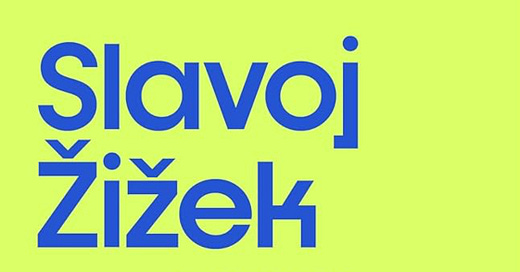




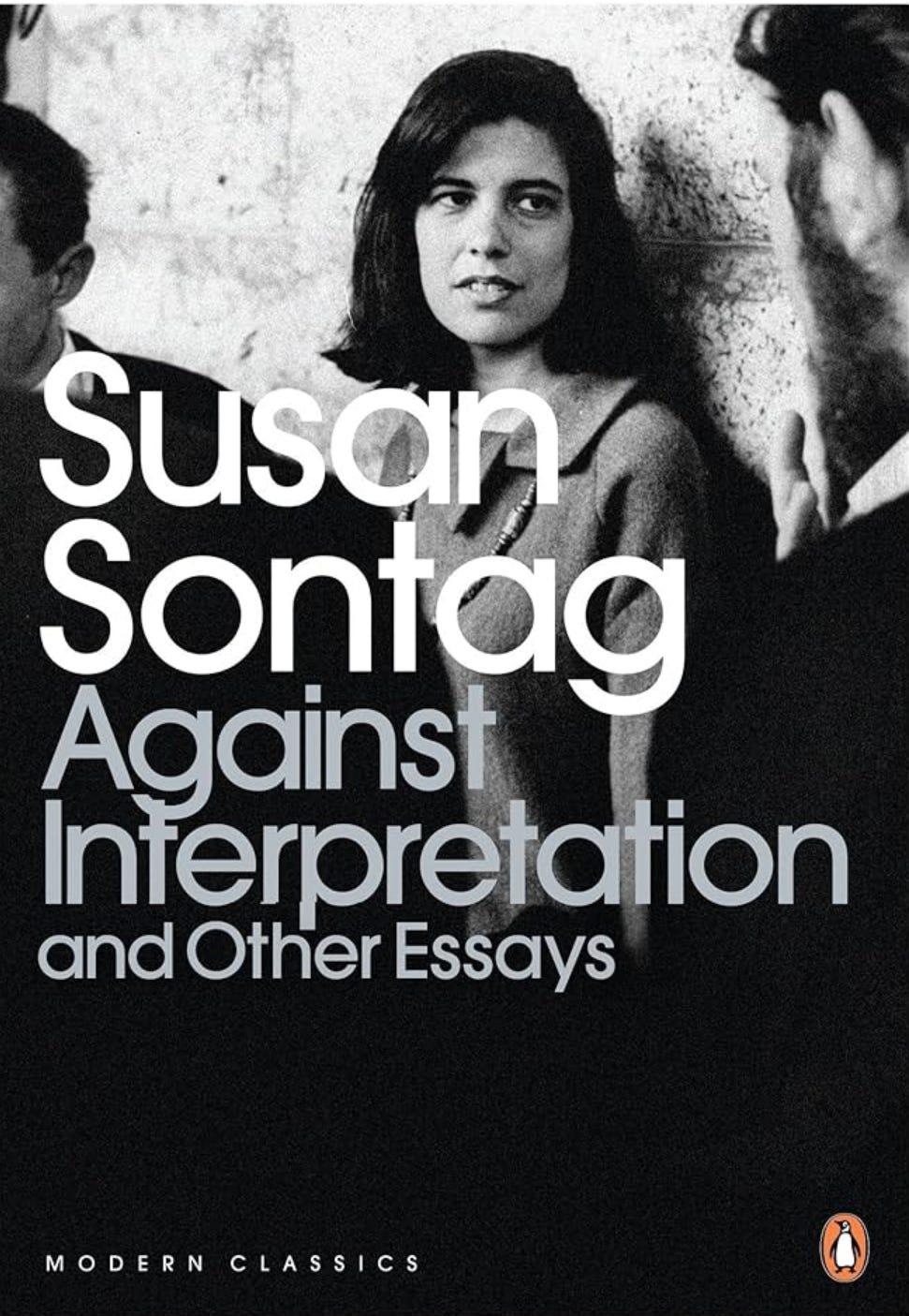

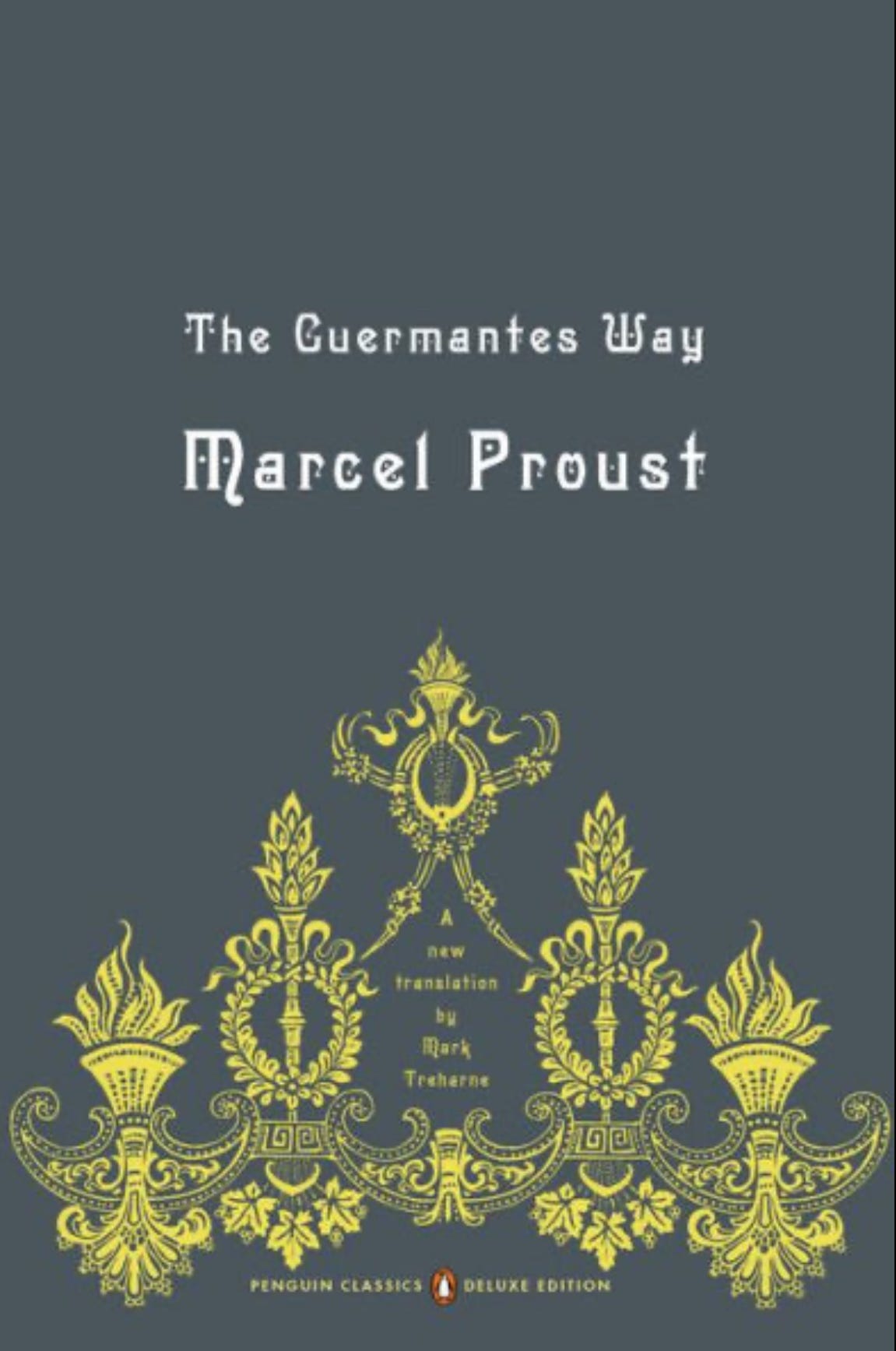
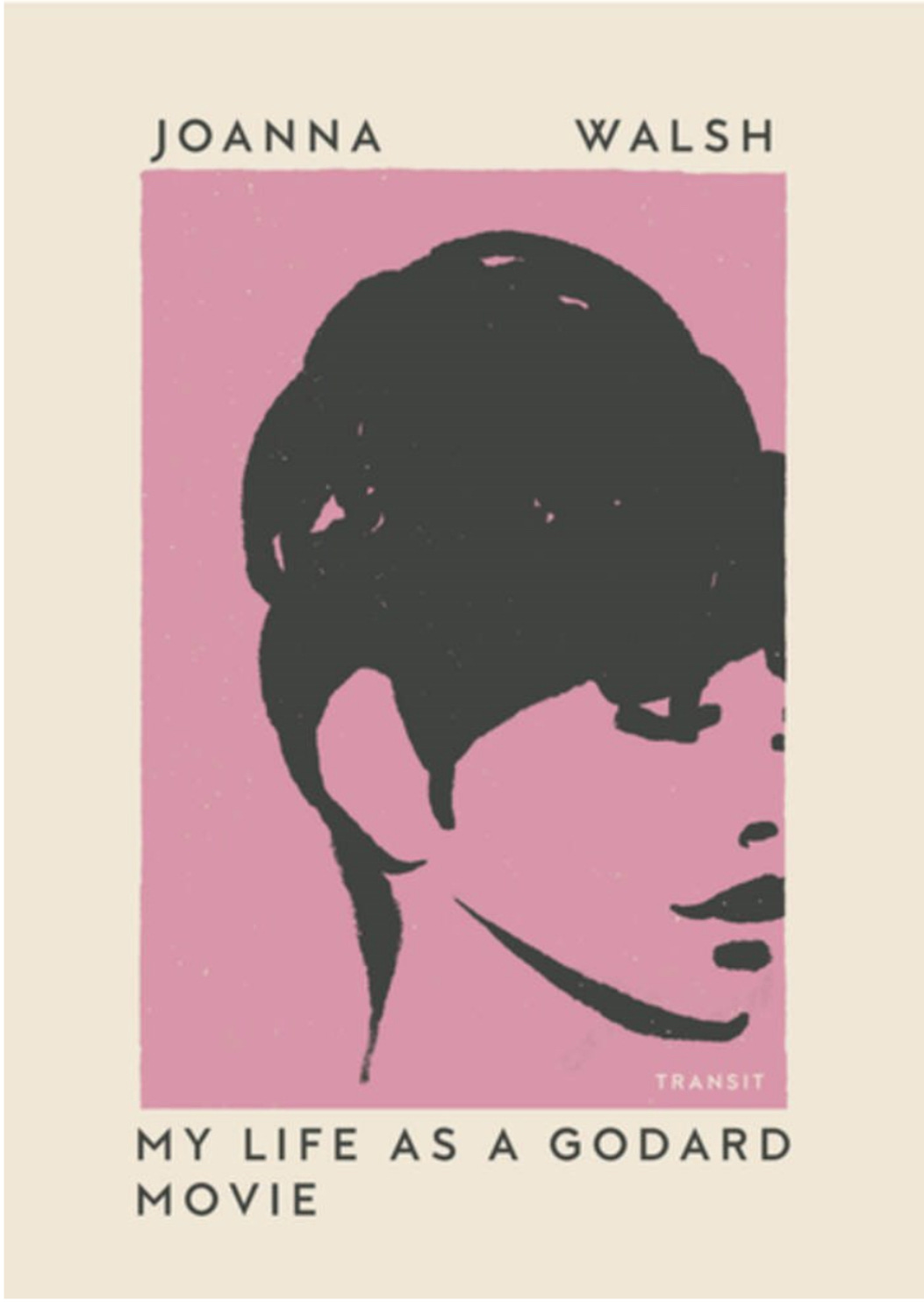
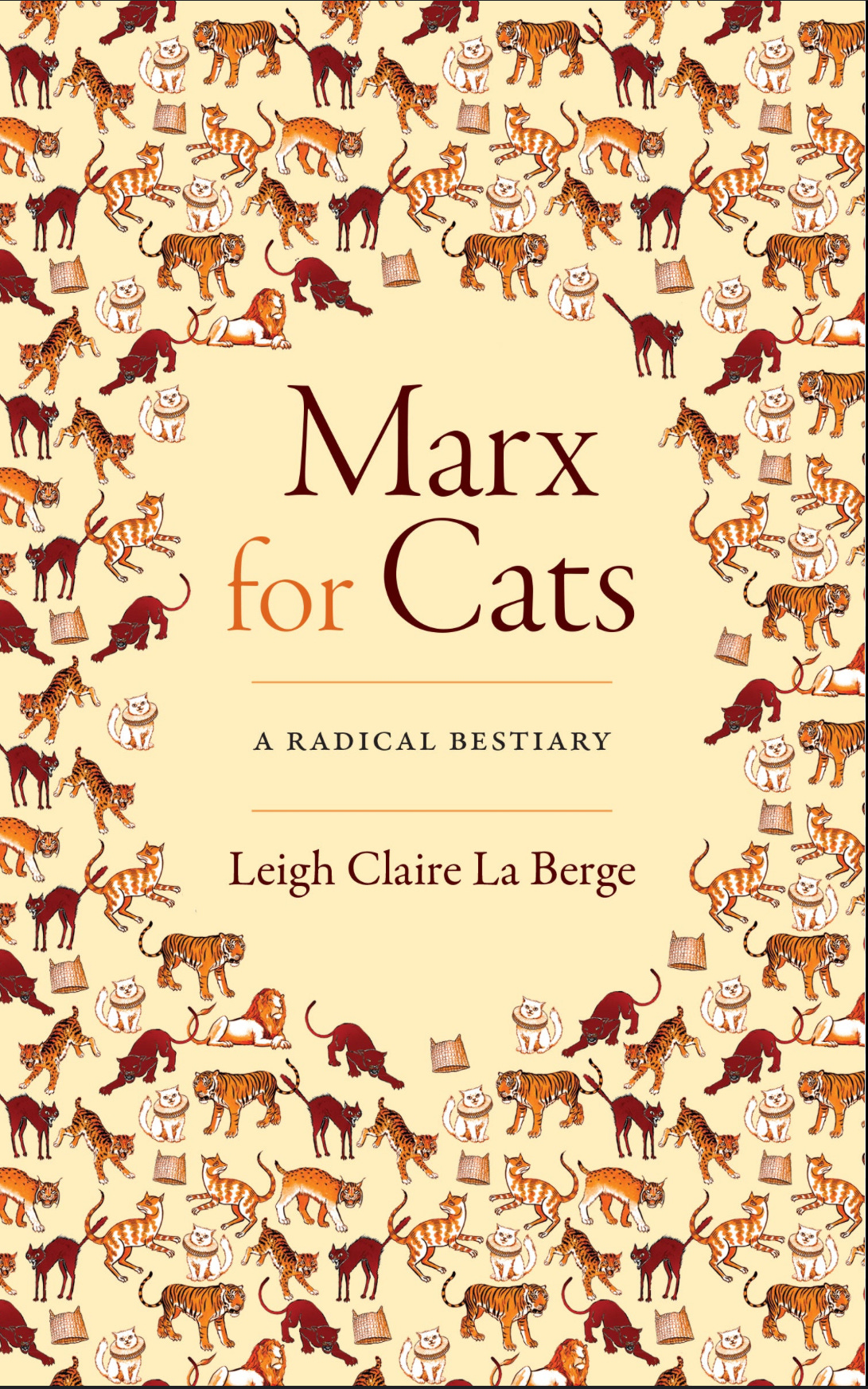
Can’t wait to dive into these books ! You are a treasure !
Great books, some get forgotten today so thanks for mentioning them.